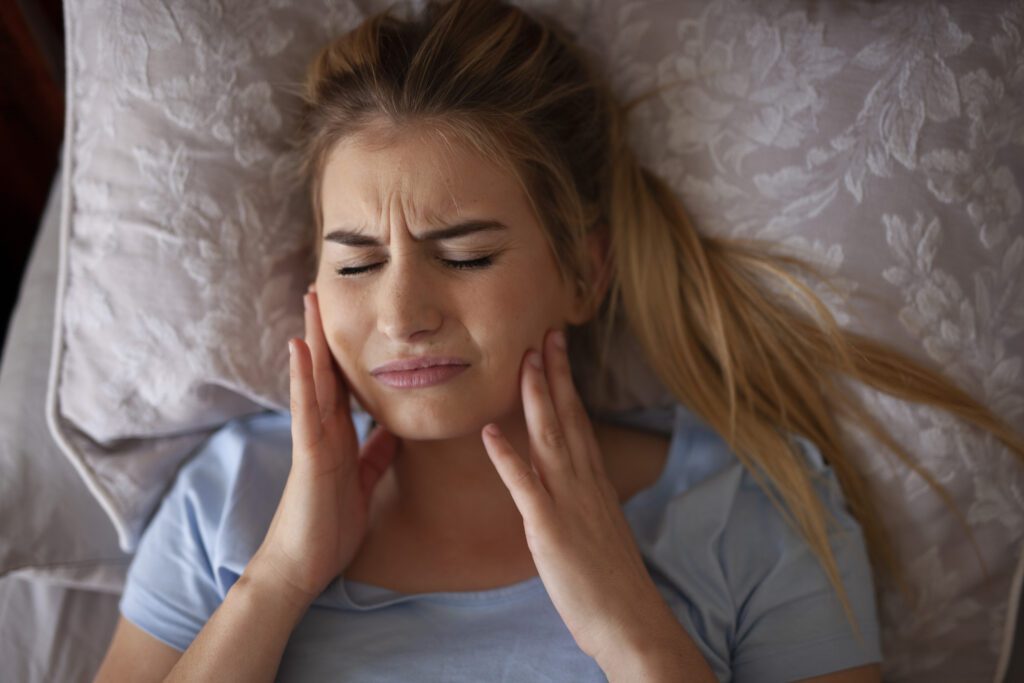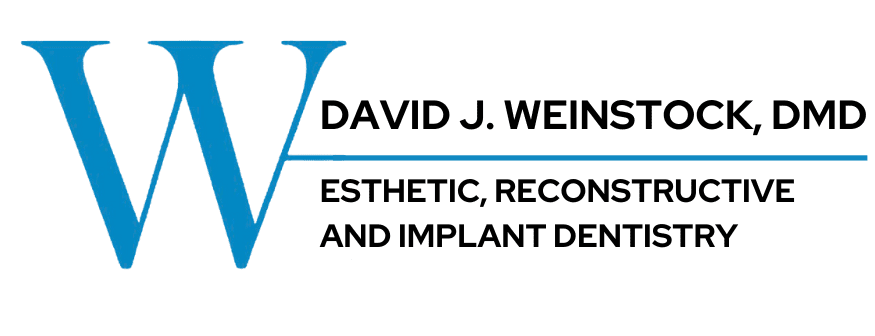Sleep apnea affects millions of people worldwide, disrupting their sleep and impacting their health. Many individuals seek help from sleep specialists, unaware that dentists can also play a crucial role in managing this condition. Understanding why a dentist’s involvement matters is essential for anyone dealing with sleep apnea.

Understanding Sleep Apnea
Obstructive sleep apnea (OSA) is a common yet serious sleep disorder. It involves repeated interruptions in breathing during sleep. These interruptions can last from a few seconds to a minute. Such disruptions cause the body to wake up slightly, disturbing the sleep cycle. People with sleep apnea often experience loud snoring, daytime fatigue, and morning headaches. Left untreated, OSA can lead to severe health issues, including high blood pressure, heart disease, and stroke. It can also affect mental health, leading to depression and anxiety.
The Dentist’s Role in Sleep Apnea Treatment
Many people do not associate dentists with sleep apnea treatment. However, dentists can offer effective and innovative treatment options for this condition. One of the most common treatments provided by dentists is oral appliance therapy. This involves wearing a custom-fitted device in the mouth during sleep. Dentists are uniquely qualified to provide this treatment because of their expertise in oral structures and jaw alignment.
How Oral Appliances Work
Oral appliances are designed to reposition the lower jaw and tongue. This adjustment helps maintain an open airway during sleep. By preventing the airway from collapsing, the appliance reduces the frequency and severity of apnea episodes. Many patients find oral appliances more comfortable and less intrusive than continuous positive airway pressure (CPAP) machines. CPAP machines require wearing a mask connected to a machine, which some find cumbersome. Oral appliances, being compact and portable, also prove more convenient for travel.
Benefits of Seeing a Dentist for OSA
Seeing a dentist for sleep apnea offers several distinct advantages. Dentists provide a personalized approach to treatment, tailoring the oral appliance to fit the patient’s mouth perfectly. This customization ensures maximum comfort and effectiveness. Regular follow-ups with the dentist ensure the appliance continues to fit well and remains effective over time. Dentists can make necessary adjustments to the appliance as needed. This ongoing care is crucial for long-term success in managing sleep apnea.
Collaboration with Sleep Specialists
Dentists often work closely with sleep specialists to provide comprehensive care for sleep apnea. This collaboration ensures that all aspects of the condition are addressed. A team approach combines the expertise of both fields, often leading to optimal treatment outcomes. Sleep specialists can diagnose the severity of OSA and recommend appropriate treatment. Dentists then provide the oral appliance therapy and monitor its effectiveness. This integrated approach maximizes the chances of successful treatment.
Signs You Might Need to See a Dentist
Consider seeing a dentist if you suspect you have sleep apnea. Frequent snoring, waking up gasping for air, and daytime fatigue are key indicators of this condition. If you experience these symptoms, a dentist can evaluate your condition and recommend appropriate treatment. They can also refer you to a sleep specialist for further evaluation if needed. Early intervention could prevent the condition from worsening and reduce the risk of related health issues.
Insurance and Cost Considerations
Insurance may cover oral appliance therapy for OSA. It is important to check with your insurance provider for details about coverage. Discuss costs and payment plans with your dentist to understand the financial aspect of treatment. Some dentists offer flexible payment options to make treatment more affordable. Understanding these factors helps in making informed decisions about your care.
Addressing Other Dental Concerns
Sleep apnea may affect your oral health, and dentists can identify and address related issues. These may include teeth grinding, dry mouth, and jaw pain, which are common among sleep apnea patients. Comprehensive care from a dentist could improve both your sleep and oral health. Addressing these issues could enhance your overall quality of life and reduce the risk of further complications.
Sleep Apnea Treatment in Bala Cynwyd, PA
If you suspect you have sleep apnea, consider consulting a dentist for evaluation and treatment options. For more information on dental care and treatment options, visit Dr. David Weinstock. Contact his office today to schedule a consultation and see if oral appliance therapy could be right for you.
